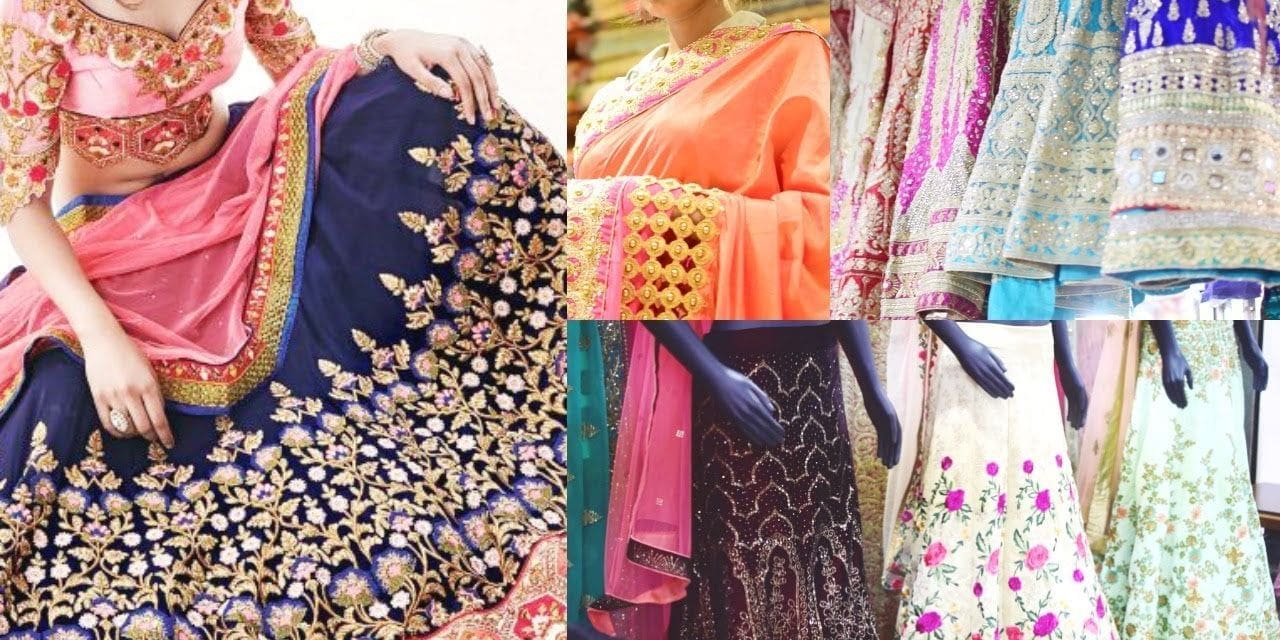Top corporate houses in the nation, such as Aditya Birla Fashion, Reliance Retail, and Tata-owned Trent and Taneira (by Titan), are placing significant bets on India’s Rs 1.84 trillion ethnic wear sector. This trend is only reinforced by Aditya Birla Fashion’s purchase of TCNS Clothing this week for Rs 1,650 crore for a 51% share, according to experts.
According to MD of Aditya Birla Fashion Ashish Dikshit, ethnic wear is the largest apparel category in India, accounting for 30% (Rs 1.84 trillion) of the Rs 6.15 trillion domestic apparel industry. Sarees, salwar-kameez, lehengas, kurtas, kurtis, anarkalis, sherwanis, bandhgalas, and dhotis are all examples of ethnic or Indian clothing.
Experts estimate that the unorganised segment controls 80–85% of the ethnic clothing market, whereas the branded or organised end of the industry accounts for the remaining 15–25%. Currently at 15-20% (about Rs 28,000-37,000 crore in size), the market is expanding at a rate of about 20% annually as more people choose Indian clothing for all occasions.
According to industry experts, brands in the mid- and value-segment own 40% of the organised ethnic clothing market, while premium and super-premium & luxury brands each own 30%.
As Mumbai-based retail analyst and expert Jaydeep Shetty says, “Office clothing for women used to entail primarily western attire, while sarees were also part of the wardrobe. The country’s ethnic wear market has expanded thanks to the rising trend of wearing kurtas, kurtis, and leggings to work and other occasions. This has been notably true for women’s clothing.
W and Aurelia, both of which are under the TCNS Clothing umbrella, According to him, Manyavar from Vedant Fashions is the market leader in the men’s segment, while Biba has contributed to growth in the women’s category. In the meantime, both like to use Fab India.
“Until 2019, we had no presence in ethnic wear. In an interview with FE this week following the TCNS acquisition, Dikshit stated, “We currently have a business that is about Rs 600-700 crore in size, which we aim to expand up to Rs 5,000 crore in the next three years.
The strategy that Aditya Birla Fashion has established calls for partnerships with designers at the luxury end of the market, including Shantanu & Nikhil, Tarun Tahiliani, Sabyasachi, and the House of Masaba, and acquisitions or organic launches at the premium, super-premium end. and mass market segment.
In order to increase its market share, the business launched brands including Tasva and Marigold Lane in addition to its current luxury women’s ethnic wear brand, TCNS Clothing, which it had previously bought.
In the recent years, rival Reliance Retail has also been putting together a solid plan. Under its subsidiary Reliance Brands, they have partnered with designers Satya Paul, Raghavendra Rathore, Ritu Kumar, Anamika Khanna, Manish Malhotra, Rahul Mishra, and Abraham & Thakore. With internal brands like Avantra by Trends, it has been expanding its position at the mid- and lower end of the market.Reliance Retail, according to textile and business entrepreneur Bharat Mehta of Mumbai, has been aggressively As opposed to Aditya Birla Fashion, which previously relied on its Pantaloons chain to drive ethnic wear among its customers, Reliance Trends is promoting its affordable ethnic wear variety through its outlets.
Aditya Birla Fashion has recently focused on a larger market, whereas Reliance Retail has its Avantra line squarely in the middle-class consumer’s sights, according to Mehta.
In order to compete with Reliance Retail and Aditya Birla Fashion in the ethnic apparel market, Tata-owned Trent debuted Samoh last month. According to some analysts, it will need to pick up speed in the future.
Trent stated that Samoh would make its debut with its first-ever store in Lucknow’s Hazratganj and will target customers who value a sumptuous and contemporary interpretation of classic styles. and regional themes from India.
“The Samoh collection is influenced by historic roots and flawlessly combines current elements. While our consumers buy for their unique moments in life, Samoh will definitely provide them a compelling touch of elegance and sophistication,” said Noel Tata, chairman of Trent, in a statement.Titan’s MD, CK Venkataraman, had stated his desire to turn Taneira become a well-known name in sarees, similar to how Tanishq was in watches. According to industry insiders, the company wants to raise Taneira’s turnover from about Rs 250-300 crore to Rs 1,000 crore over the next several years, and it now has 25 to 30 locations.

